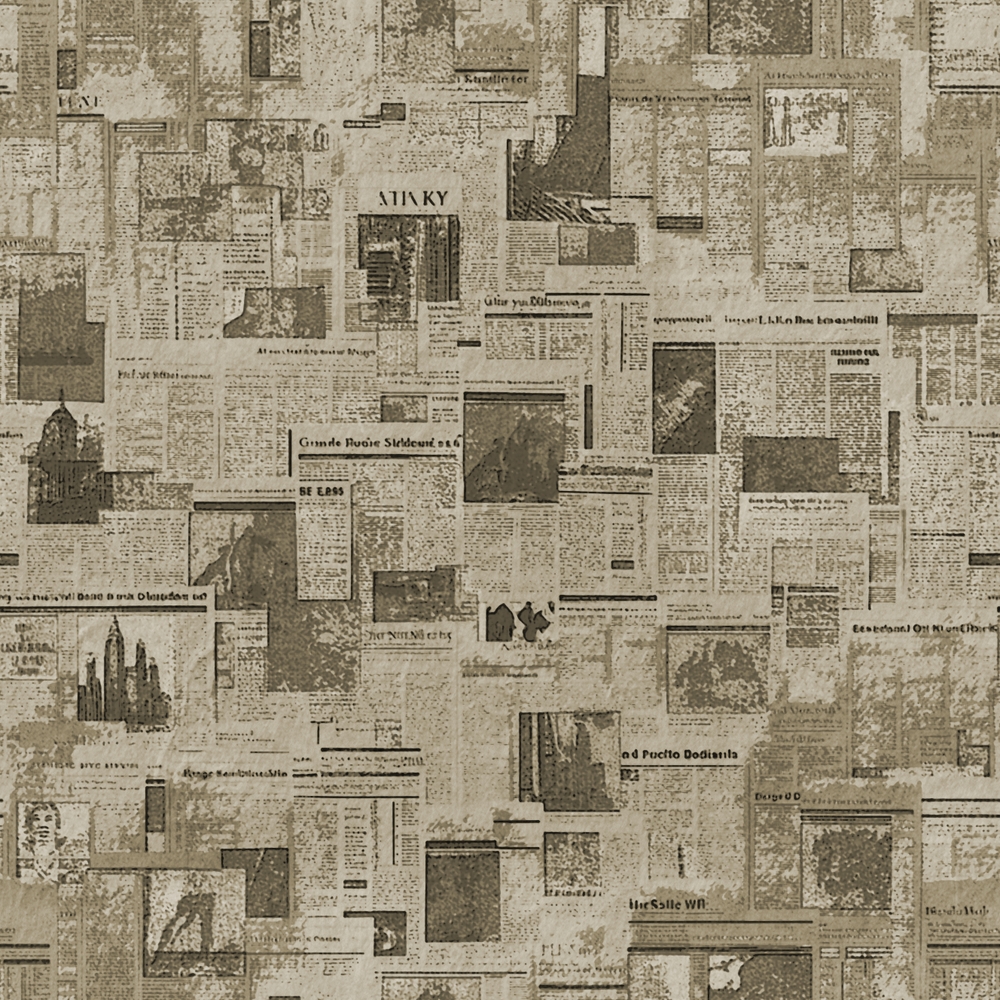“How Could I forget her birthday?!”
Someone confided in me that she’d forgotten a friend’s birthday. The friend was very upset. I couldn’t relate, because I’m a guy, and I don’t expect my friends to remember my birthday or other important dates. TBH, (that’s “To Be Honest,” see how hip and edgy I am?) I don’t often know the current date without looking at my watch, and I can even forget what day of the week it is, because life is busy. But, for someone who CARES that it’s their birthday and they want others to comment on it, it’s a bit trickier.
The woman who told it to me was very unnerved because her friend was upset at her. I found that hard to believe. Not that someone could get upset at being forgotten about, but that she couldn’t find a way to forgive her very good friend by being understanding. The woman said, “I’m usually so good about birthdays. I don’t know how I forgot.”
Forgetting: By Chance or By Choice?
Well, under normal circumstances, forgetting isn’t something you do by choice. The information just seems to fall out of your head, slips your mind, and you don’t register what’s happening. Unless you set yourself reminders for every birthday and event, it’s likely that you may forget something or someone. If they will be annoyed, that’s hard, and maybe you have to set yourself those reminders.
That said, I mentioned that normally forgetting isn’t something you do by choice. It’s not completely true. In fact, forgetting is an important part of life. When something happens that is painful, rehashing it and replaying it again and again in our heads can be detrimental. Then, we would do well to “try” to forget them. Forgetfulness is a gift from Hashem, which enables the pain to lessen over time.
It also enables us to weed out frivolous information and knowledge from our otherwise overstimulated brains. Can you imagine if you remembered every conversation you ever had; where you were, who it was with, and what each of you was wearing? If you remembered the nuances and tonal inflections; the smell of the air; the stories and jokes told – you would have such a plethora of data that it could be overwhelming.
Forgetting enables us to enjoy the stories even if we’ve heard them before, and to appreciate the jokes we don’t remember, and enjoy them again. It also has a much more crucial function, one that promotes peace and friendship.
Forgetting and Forgiving
The ability to forget the slights and hurts that others have done to us is very important. I’m not referring to turning the other cheek and pretending someone didn’t hurt you, so they can do it again. That’s another religion, not ours. But if someone you care about hurts you, and they either did so unintentionally or because they were going through something themselves, then forgetting is something you want to learn how to do.
Instead of saying, “How could you have forgotten it was my birthday?” which puts them on the spot and can lead to hurt feelings, think about times you forgot something. Did you ever forget someone’s birthday? Did you do it on purpose?
Have you ever gone to a store with a list and come home only to realize you forgot something you needed, and it was even on your list? It happens to the best of us. To go and make someone feel bad won’t make them love you more. It may make them not forget your birthday, but they will likely be remembering how you made them feel inadequate, too. Now who’s the one not thinking of others?
If you ask someone for something and they forget to do it, do you feel betrayed and empty? I guarantee that by sharing that feeling, you won’t feel better, even when they apologize. That’s because our human nature wants to feel loved and cared about. An apology won’t cure the fact that we were forgotten about. But you know what will?
Become Forget-“Full”
Forgetting the hurt by putting it out of our minds. If we intentionally forget, and tell ourselves that there’s nothing to remember, because it wasn’t on purpose, then we can spare ourselves the pain of being forgotten. There’s no injury because certainly a person who has so much on their plate didn’t mean to forget about it. They love me and care about me, but they’re only human.
Such behavior on our parts can make us forget-“full.” We won’t feel hurt or empty, and our friends, if they realize they forgot, will love us even more for not beating them up about it. If we didn’t try to make them feel guilty, then the apologies stem from love and concern and not from trying to appease their own hurt. The next time someone forgets about you and it hurts, work on giving them the benefit of the doubt, and putting it out of your mind. You’ll find your heart, and your relationships, a whole lot fuller.
By Rabbi Jonathan Gewirtz
Rabbi Gewirtz (Operation Inspiration) welcomes comments and feedback. Write to him at info@JewishSpeechWriter.com to share your thoughts. You never know when you may be the lamp that enlightens someone else.


